Revenue integrity programs primarily ensure that healthcare clinicians appropriately bill patients based on the level of care given and received. Medical practitioners are often audited and monitored in this function, so adequate training is required to streamline oversight of these processes.
Revenue integrity requires review of a range of activities across the revenue cycle — from registering patients, to verifying eligibility, to coding, billing, and ultimately, collections. The process requires that healthcare teams monitor KPIs to optimize workflows and prevent revenue loss. By streamlining processes and maximizing collections, healthcare teams can improve performance and curate best-in-class patient experiences.
Done right, revenue integrity in healthcare optimizes reimbursements from insurance companies. This is vital in 2024, as reimbursement denials continue to rise substantially. Decreasing denial rates is a critical measure of industry success.
The Importance Of Revenue Integrity In Healthcare
Revenue integrity in healthcare offers the following benefits:
- Audits and reviews of coding, documentation, and claims help correct errors before they yield costly losses. This level of reviewing helps maximize reimbursements because it ensures they only apply to services provided and nothing else.
- By incorporating pre and post-billing strategies, healthcare organizations decrease denials and revenue leakage, maintaining long-term financial health.
- Healthcare businesses catch and fix potential compliance-related issues through frequent payer contract audits while maximizing reimbursements.
- Revenue integrity systems in healthcare mitigate overpayments and compliance issues.
Common Challenges In Maintaining Revenue Integrity In Healthcare
Common obstacles faced in maintaining healthcare revenue integrity are as follows:
- Inadequate documentation.
- Complex billing requirements.
- Technological limitations.
- A lack of data analytics.
Overcoming these challenges requires a well-honed strategy and established system bolstered by various technological tools and streamlined processes, as well as employees who are experts at using those tools and following/implementing those processes.
Revenue Integrity Solutions And Technologies
Examples of solutions and technologies bolstering healthcare revenue integrity are:
- Revenue cycle management (RCM) platforms offer tools encouraging upfront patient payment and accurately project out-of-pocket costs. These tools are compliant and offer good-faith estimates, they also provide contract analysis to inform facilities about how insurance contracts perform and project the impact of contract modifications on cash flow.
- Data analytics tools lead to up to 30% in claim denials and a 15% increase in clean claim rates. This technology identifies root causes and patterns of claim denials, telling healthcare organizations where they’re going wrong so they can correct their mistakes. Analytics tools flag areas where revenue loss occurs (e.g., missed charges, incorrect pricing, and under-coding), helping capture previously lost revenue and driving better financial performance.
- Computer-assisted coding tools increase coding accuracy, streamline productivity, enhance quality measures, and improve financial success for healthcare organizations. The enhanced accuracy of these tools means improved compliance since human error is removed from the equation. These tools are also highly secure, protecting patient data. Increased efficiency here typically drives revenue increases due to the heightened focus on business-growth-based tasks instead of manual, menial, and repetitive work.
- Finally, claims scrubbing software catches and eliminates billing code errors, reducing medical insurance denials or rejections.
The Six Best Practices For Revenue Integrity In 2024
The six best practices for maintaining and improving healthcare revenue integrity in 2024 include:
- Adopting predictive analytics.
- Leveraging automation.
- Implementing AI technologies.
- Adhering to robust compliance programs.
- Collaboration between clinical and revenue cycle teams.
- Staying informed and adapting to regulatory changes.
FAQs
What is revenue integrity? Revenue integrity in healthcare ensures compliance adherence and prevents revenue loss while translating patient experiences into revenue.
What errors can occur that will impact revenue integrity? The primary errors in healthcare and hospital revenue integrity are human-based, such as incomplete documentation, undercharging, and coding issues.
What is the integrated revenue cycle? The integrated revenue cycle (IRC) connects all healthcare revenue management stages, from claim reimbursements to patient registration.
Summary
Healthcare revenue integrity prevents costly coding errors while ensuring your hospital or healthcare system complies with regulations. Optimizing the related processes requires an established system of best practices, including streamlined technologies that reduce human error.
Learn how Adonis Intelligence can streamline your revenue integrity processes.

.png)










